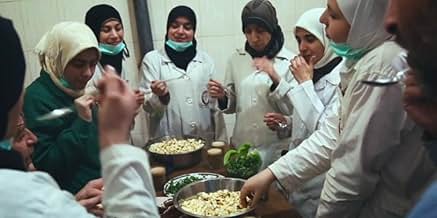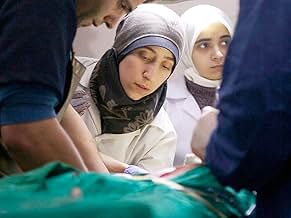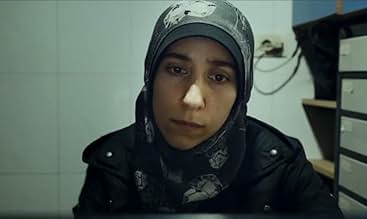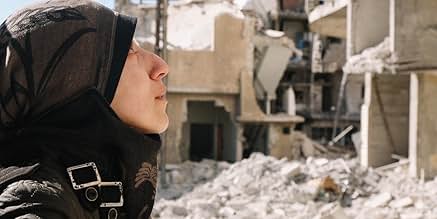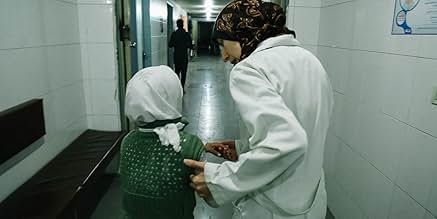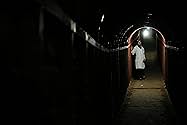The Cave is not a didactic or information-driven documentary. It's an actively observational grounding of the audience into a truth you have to see to believe-a spiritual appeal to the senses. For every bomb we see almost hit us, we are spared a screen full of text. For every infant hand we see reaching up for the doctor's stethoscope amidst the chaos following a blast, we are spared a formal, scripted interview sit-down or sound bite. When we see a gassed group of children brought to The Cave to die and wrapped in tablecloths because there are no replacements available for their chemically-stained clothes, we are diverted away from more standard informative fare that attempts to describe the indescribable.
This is not about the state of the Syrian war. This IS the Syrian war, enclosed from both ends, with the relentless reverberations of warplanes flying above ground and the normalization of a day-to-day constant of fear.
Most impactful was the perspective of the pediatrician (the subject of the film). Through clinical training, physicians grow a callus for their patients. Intentionally so, to remain calm, collected, rational. But also unintentionally, to subconsciously remove themselves from the trauma children experience in front of them on a daily basis. Seeing Dr. Amani crack, it destroyed me. Locking herself in the room and weeping, waiting for the next wave, not knowing what's going to come next. "Come home," her father insists on voicemail. But the clinic depends on her. It would be nothing without her. We're reminded that heroes are human and vulnerable.
I felt physically beaten down leaving the theater. I had to play my "It's going to be ok" playlist. I am not sure if it will, but if Amani can help these children find some momentary faith, I think we can all do better.


